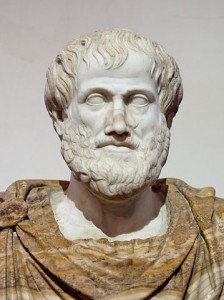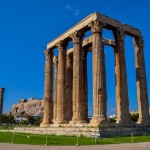Occasionally I’ll hear a speaker discussing the religious or philosophical implications of quantum mechanics. There’ll be some quantum randomness, and a stray cat or two, and perhaps more worlds than the canonical Best of All Possible, and then they’ll draw some conclusion from all that to support their views on the nature and possibility of free will or on the existence of God.
Contrariwise, Duquette’s Second Law, aka Duquette’s Law of Theology and Quantum Mechanics, states that Every application of quantum mechanics to philosophy or religion is absurd.
Such a categorical statement requires proof, or at least a flurry of handwaving. I answer thus:
The speaker applying quantum mechanics to philosophy or religion is either a quantum physicist or not. If the speaker is not a quantum physicist, then he does not actually understand quantum mechanics; what he understands is a collection of English language metaphors that quantum physicists use to explain quantum mechanics to non-scientists. But in fact, all explanatory metaphors for quantum mechanics are strictly limited in use; the truth is held in the equations of quantum physics, and these are notoriously impossible to understand in terms of objects of everyday experience. The metaphors are a help to building intuition about the equations, but reasoning from the metaphors alone is guaranteed to go wrong in short order. But the speaker isn’t a quantum physicist and knows only the metaphors. Consequently, any conclusions he draws are absurd.
Alternatively, the speaker might be a quantum physicist; in which case he is either a philosopher/theologian as well, or he is not. If he is not a philosopher/theologian then he is guaranteed to go absurdly wrong when speaking about such matters. In his book “A Universe From Nothing”, for example, Lawrence Krauss equates a quantum vacuum (a physical nothingness) with Non-being (a philosophical nothingness).
Alternatively, the speaker is both a quantum physicist and a philosopher/theologian, in which case he’ll be too wise to apply quantum mechanics to philosophy or theology.
QED.
____
Photo: Public Domain, Wikimedia Commons













